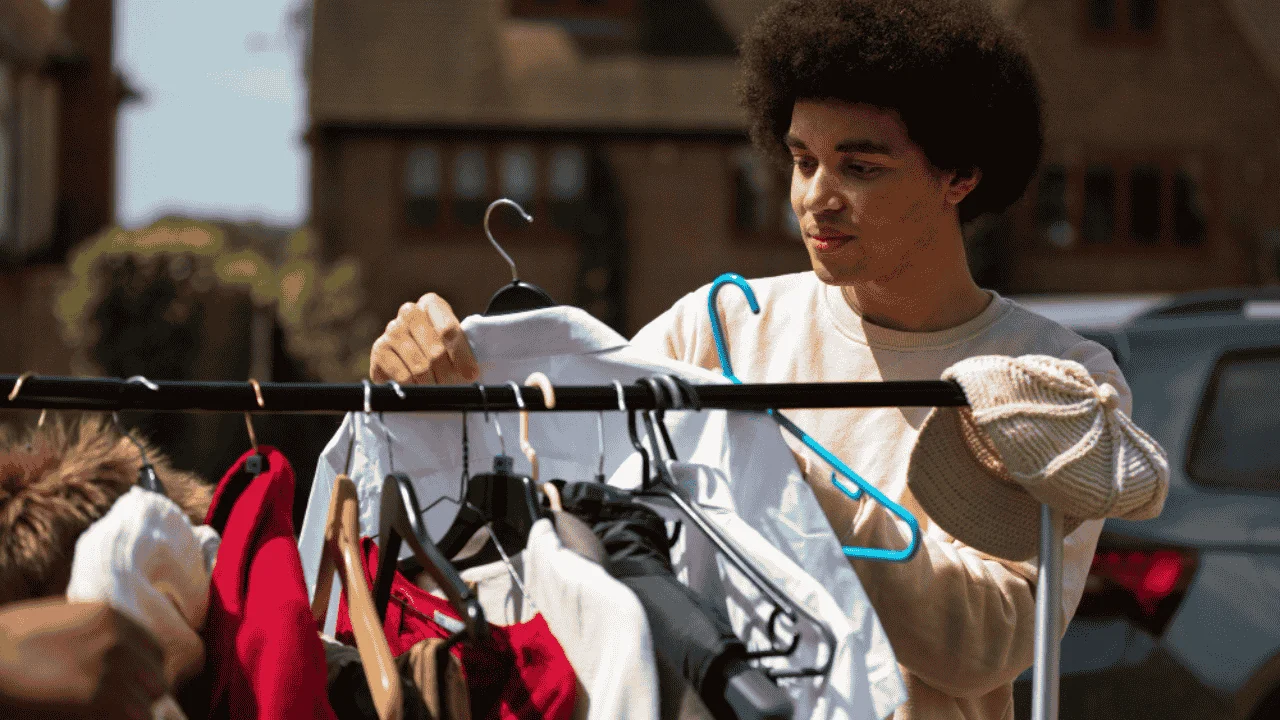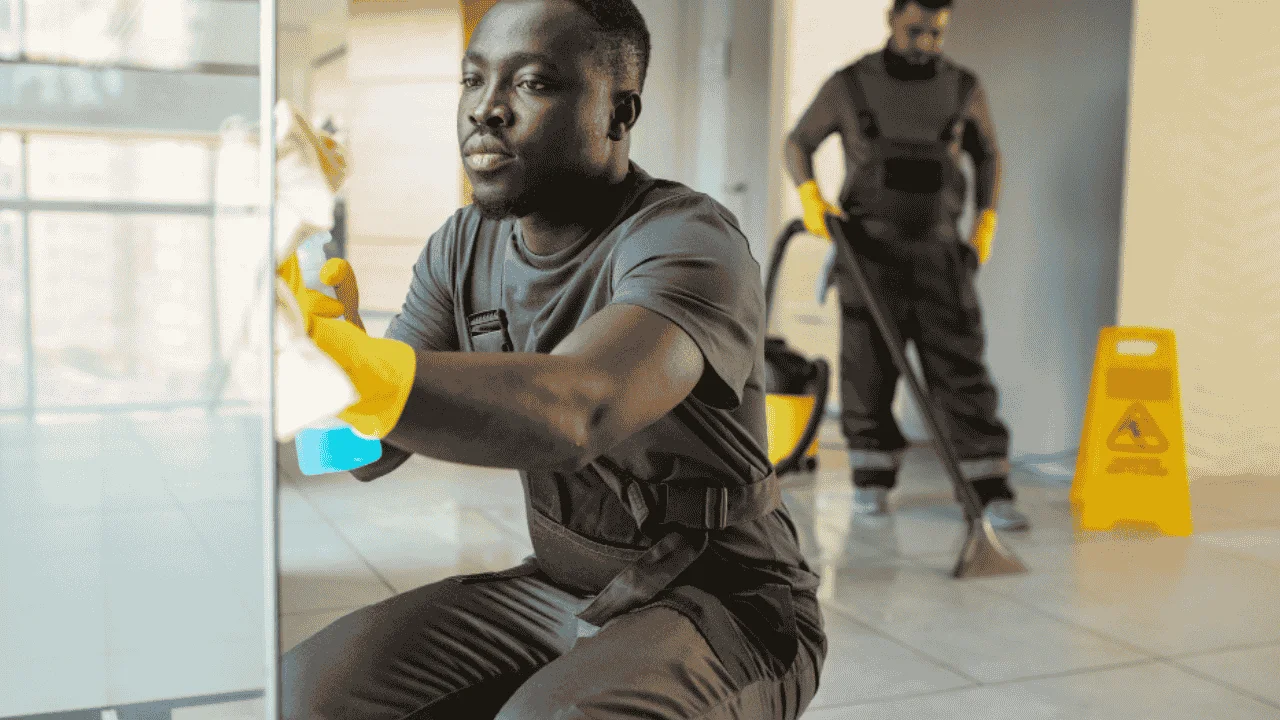
It's not necessarily necessary to have a lot of money to launch a business in Kenya. With merely 1000 Kenyan Shillings (KES), or about $10 USD, you can start a modest business that could eventually expand further. This essay examines doable, inexpensive business concepts that may be launched with just 1000 KES, supported by real scenarios and market-specific ideas. These suggestions can assist you in converting a small investment into a revenue stream, regardless of whether you want to sell products or provide services.
Why Start a Business with 1000 KES?
You can test a company idea with 1000 KES without incurring large financial risks. It's a chance to develop your entrepreneurial abilities, comprehend the local market, and create a long-lasting project. But you'll need to be creative, persistent, and focused on what Kenyans need and purchase on a daily basis to overcome obstacles like competition and limited resources.
Below are five factual business ideas you can start with 1000 KES, complete with examples and potential earnings.
Business Ideas to Start with 1000 KES
1. Selling Snacks or Food Items

How it Works: Use your 1000 KES to buy ingredients for affordable, popular snacks like mandazi or chapati. Sell them in high-traffic areas such as markets, bus stops, or near schools.
For instance, you may prepare about 100 mandazi with 1000 KES by purchasing flour, cooking oil, sugar, and yeast. If you create 500 KES worth of mandazis at a cost of 5 KES each, and you sell them for 10 KES each, you will make 1000 KES. That is 500 KES in earnings from your initial batch.
The reason this will work is because Food vending is a regular sight in both urban and rural locations, and Kenyans enjoy affordable, freshly prepared snacks. To increase the money you make start small and reinvest the money you earn.
2. Selling Second-Hand Clothes (Mitumba)

How it Works: Buy a limited quantity of used clothing from local marketplaces or wholesalers, then resell it for a greater price. Pay attention to products that are in demand, such as dresses, t-shirts, or children's clothing.
For instance, Mitumba Bales in Kenya sell used clothing for as little as 50 KES each item. You could make 2000–3000 KES by purchasing 20 products with 1000 KES and selling them for 100–150 KES each. You would receive a profit of 1000–2000 KES after deducting your initial investment of 1000 KES.
The Reason It Works is because the mitumba sector is booming because many consumers choose reasonably priced, high-quality used apparel over pricey new products. Selling to friends or at a neighborhood market is a good place to start.
3. Providing Cleaning Services

Way to Do It: Offer to clean small businesses, offices, or houses. Invest your 1000 KES in basic materials like gloves, a brush, and detergent, then bill by the task.
For instance, spend 200 KES on cleaning materials that will last for several tasks. Clean a house for 500 KES. Cleaning two homes in a day would bring in 1000 KES, plus an additional 800 KES after supplies. If you do this again, you will make more money.
Why It Works: A lot of Kenyans hire cleaning because of their hectic schedules and urbanization. A physical store is not necessary for this service-based business; all you need are your abilities and a modest initial investment.
4. Offering Tutoring Services
How it Works: Tutor students in your neighborhood if you are proficient in a subject like science, math, or English. Your time and expertise are all that is required up front.
For instance, bill 200 KES per hour for private tutoring. Five hours of tutoring a day, such as after school, would earn you 1000 KES each day. This is almost entirely profit with no significant expenses. If necessary, use the first 1000 KES for transportation or basic supplies like paper and pens.
Why It Works: Education is a priority in Kenya, and parents often seek extra help for their children. It’s a flexible, high-demand service you can start immediately.
5. Selling Small Retail Items
How It Operates: Purchase commonplace goods in large quantities at a discounted price, then resell each one separately. Consider items such as candy, scratch cards for airtime, or minor home items (like soap).
For instance: Purchase a bulk pack of candies for 1000 KES (200 pieces at 5 KES each), then sell them for 10 KES each. You make 2000 KES from it, which leaves you with a profit of 1000 KES. Alternatively, purchase 1000 KES worth of airtime cards and resell them with a small profit.
Why It Works: Kenyans regularly purchase inexpensive, portable goods. You can address a continuous need by selling door-to-door or in crowded places.
Challenges to Watch Out For
-
Competition: A lot of people might already be offering comparable goods or services. Make a statement with exceptional, pleasant service or a special twist (like flavored mandazi).
-
Customer Base: Attracting customers takes time. To establish trust, start with those you know, use word-of-mouth, and provide modest discounts.
-
Restricted Resources: Large expenses won't be covered by 1000 KES. Concentrate on low-overhead operations and put all of your earnings back into the business.
Tips for Success
1. Know Your Market: Sell what people near you need like snacks in a busy area, clothes in a residential zone, or tutoring near schools.
2. Start Small: Test your idea with 1000 KES before investing more.
3. Reinvest Profits: Use earnings to buy more stock or improve your service, growing step by step.
4. Be Reliable: Happy customers come back and spread the word.
You can start a business with 1000 Kenyan Shillings by cleaning houses, educating students, trading mitumba, selling mandazi, or selling small goods. These concepts are based on the actual economy of Kenya, where small business owners prosper daily. The secret is to know your customers, start with what you have, and keep moving forward. Why not start now? Your 1000 KES might be the beginning of something much greater.
.png)










